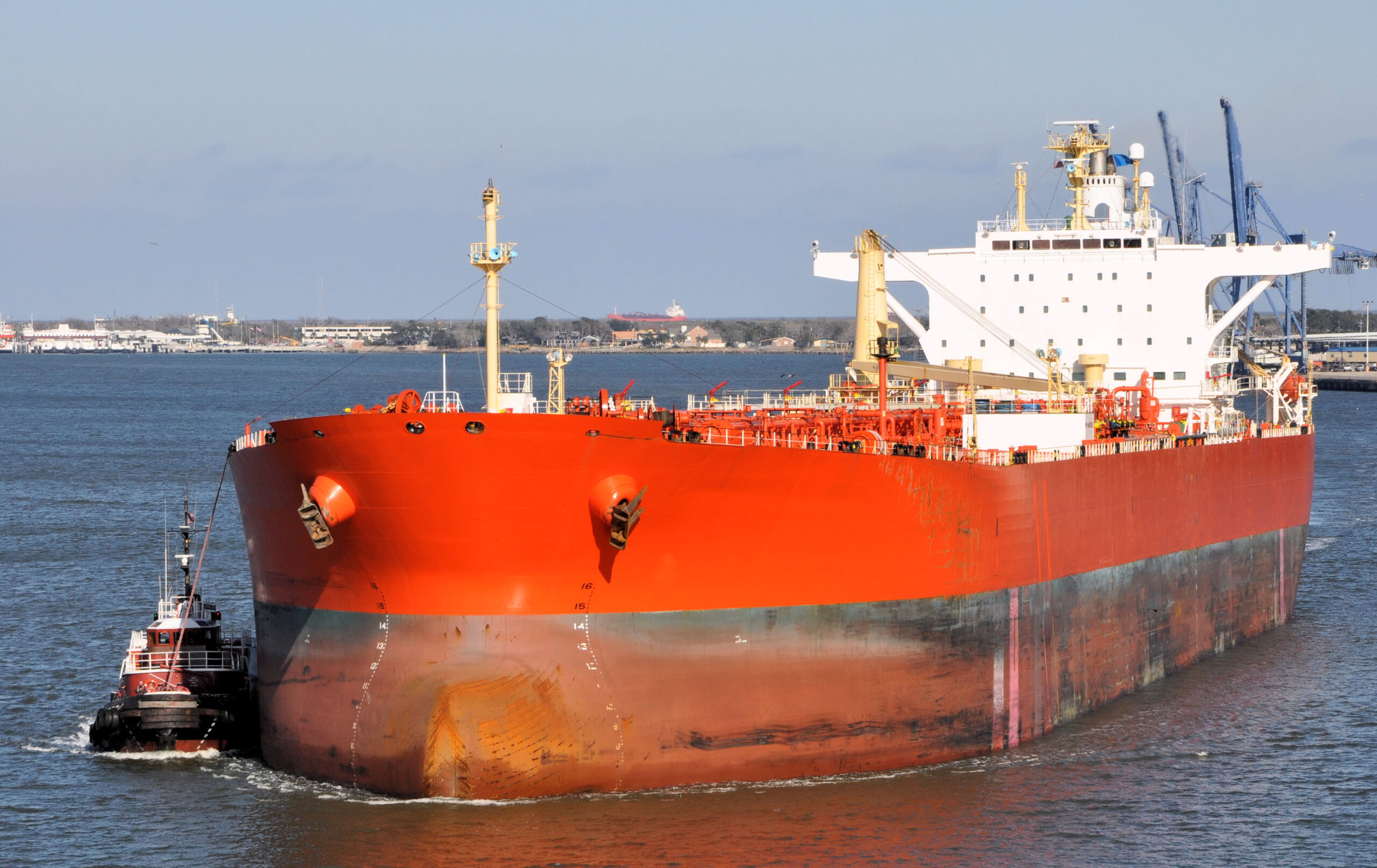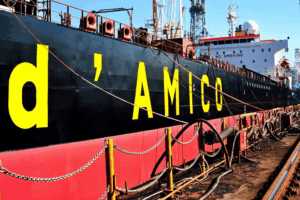The Crude oil demand and strong consumption growth in emerging and developing Asian economies over the next five years will have a big impact on the tanker trade, says a new report from the International Energy Agency (IEA).
Growth in the world’s demand for oil is set to slow almost to a halt in the coming years, with the high prices and security of supply concerns highlighted by the global energy crisis hastening the shift towards cleaner energy technologies.
IEA’s Oil 2023 medium-term market report forecasts that, based on current government policies and market trends, global oil demand will rise by 6% between 2022 and 2028 to reach 105.7 million barrels per day (mb/d) – supported by robust demand from the petrochemical and aviation sectors.
Despite this cumulative increase, annual demand growth is expected to shrivel from 2.4 mb/d this year to just 0.4 mb/d in 2028, putting a peak in demand in sight.
However, burgeoning petrochemical demand and strong consumption growth in emerging and developing economies of Asia will more than offset a contraction in advanced economies.
The report’s projections assume major oil producers maintain their plans to build up capacity even as demand growth slows. This is expected to result in a spare capacity cushion of at least 3.8 mb/d, concentrated in the Middle East.
The report nonetheless notes a number of factors that could affect market balances over the medium term – including uncertain global economic trends, the direction of OPEC+ decisions and China’s refining industry policy.
Oil producing countries outside the OPEC+ alliance dominate plans for increasing global supply capacity in the medium term, with an expected rise of 5.1 mb/d by 2028 led by the United States, Brazil and Guyana.
Saudi Arabia, the United Arab Emirates and Iraq lead the plans for capacity building within OPEC+, while African and Asian members are set to struggle with continuing declines, and Russian production falls due to sanctions. This makes for a net capacity gain of 0.8 mb/d from the 23 members in OPEC+ overall over the report’s forecast period.
IEA says that global oil markets are still slowly recalibrating after three turbulent years in which they were upended first by the Covid-19 pandemic and then by Russia’s invasion of Ukraine.
The global energy crisis triggered by the war in Ukraine has resulted in an unprecedented reshuffling of global trade flows. Global oil markets could tighten significantly in the coming months, as production cuts by the OPEC+ alliance temper an upswing in global oil supplies.
Source: International Energy Agency



